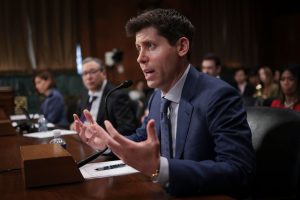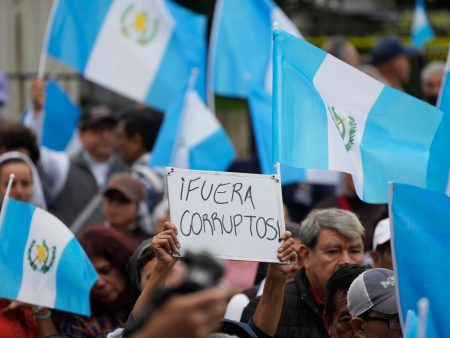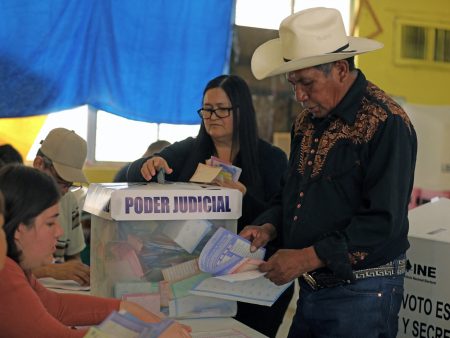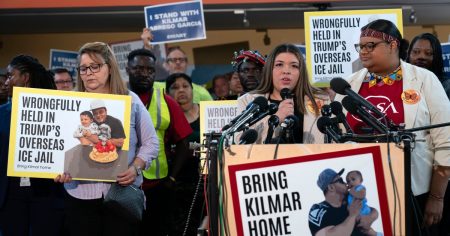Donald Trump’s reiterated intention to end birthright citizenship in the United States, a concept enshrined in the 14th Amendment of the Constitution for over 150 years, has sparked significant controversy and debate. Birthright citizenship, also known as jus soli, grants automatic citizenship to anyone born within a country’s borders, regardless of their parents’ immigration status. This includes children of undocumented immigrants, tourists, and individuals on short-term visas. Trump’s assertion that he can achieve this through executive action contradicts the prevailing legal consensus and historical precedent, which dictates that amending the Constitution requires a supermajority vote in both houses of Congress and subsequent ratification by three-fourths of the states. While Trump has suggested a willingness to work with Democrats on the issue of "Dreamers," undocumented individuals brought to the US as children, his simultaneous statement about keeping families together by "sending them all back" creates a contradiction, as it would necessitate the expulsion of US citizens born to undocumented parents.
The 14th Amendment, ratified in 1868, explicitly states that "All persons born or naturalized in the United States, and subject to the jurisdiction thereof, are citizens of the United States and of the State wherein they reside." This clause has been interpreted consistently by legal scholars and courts to guarantee birthright citizenship, irrespective of parental immigration status. Trump’s claim that he can bypass this constitutional provision through an executive order has been widely refuted by legal experts and politicians from both sides of the aisle. Amending the Constitution is a deliberately arduous process, requiring substantial bipartisan support and broad consensus among the states. Given the current political landscape and the deeply divisive nature of the immigration issue, achieving such a consensus appears highly unlikely.
The potential consequences of ending birthright citizenship are far-reaching and could impact millions of individuals. The current system, where birth certificates serve as proof of citizenship, would be disrupted, potentially forcing all American parents to undergo complex and costly procedures to establish their children’s citizenship. Furthermore, according to research by the Migration Policy Institute and Pennsylvania State University, eliminating birthright citizenship for children born to unauthorized immigrant parents could significantly increase the undocumented population in the coming decades. This would further complicate an already complex immigration system and potentially exacerbate social and economic challenges.
Contrary to Trump’s assertion that the US is the only country with birthright citizenship, over 30 nations worldwide embrace this principle. These countries, including Canada, Mexico, and several nations in Latin America and the Caribbean, recognize the inherent right to citizenship based on place of birth. The varying approaches to citizenship globally underscore the diverse perspectives on national identity and belonging. The US system, rooted in the 14th Amendment, reflects a specific historical context and a commitment to inclusivity, although the implementation and interpretation of this principle have faced ongoing challenges and debates.
Beyond birthright citizenship, several other pathways to citizenship exist globally, including citizenship by descent, naturalization, marriage, and investment. Citizenship by descent, common in many countries, grants citizenship based on the citizenship of one or both parents. Naturalization offers a route to citizenship for foreign-born residents who meet specific residency requirements and demonstrate assimilation into the host country’s culture. Marriage to a citizen can also provide a pathway to citizenship in many nations. Some countries, though not the US, offer citizenship by investment, allowing individuals to acquire citizenship through significant financial contributions to the country. Dual citizenship, where individuals hold citizenship in two countries, is also recognized by many nations, including the US.
The debate surrounding birthright citizenship in the US highlights the complex interplay of constitutional law, immigration policy, and national identity. Trump’s challenge to this long-standing principle faces significant legal and political obstacles. The potential ramifications of such a change are substantial, with implications for millions of individuals and the very fabric of American society. The diverse approaches to citizenship around the world underscore the evolving nature of this concept and the ongoing discussions about belonging and national identity in an increasingly globalized world. The future of birthright citizenship in the US remains uncertain, but the debate surrounding it will undoubtedly continue to shape the national conversation on immigration and the meaning of American citizenship.










